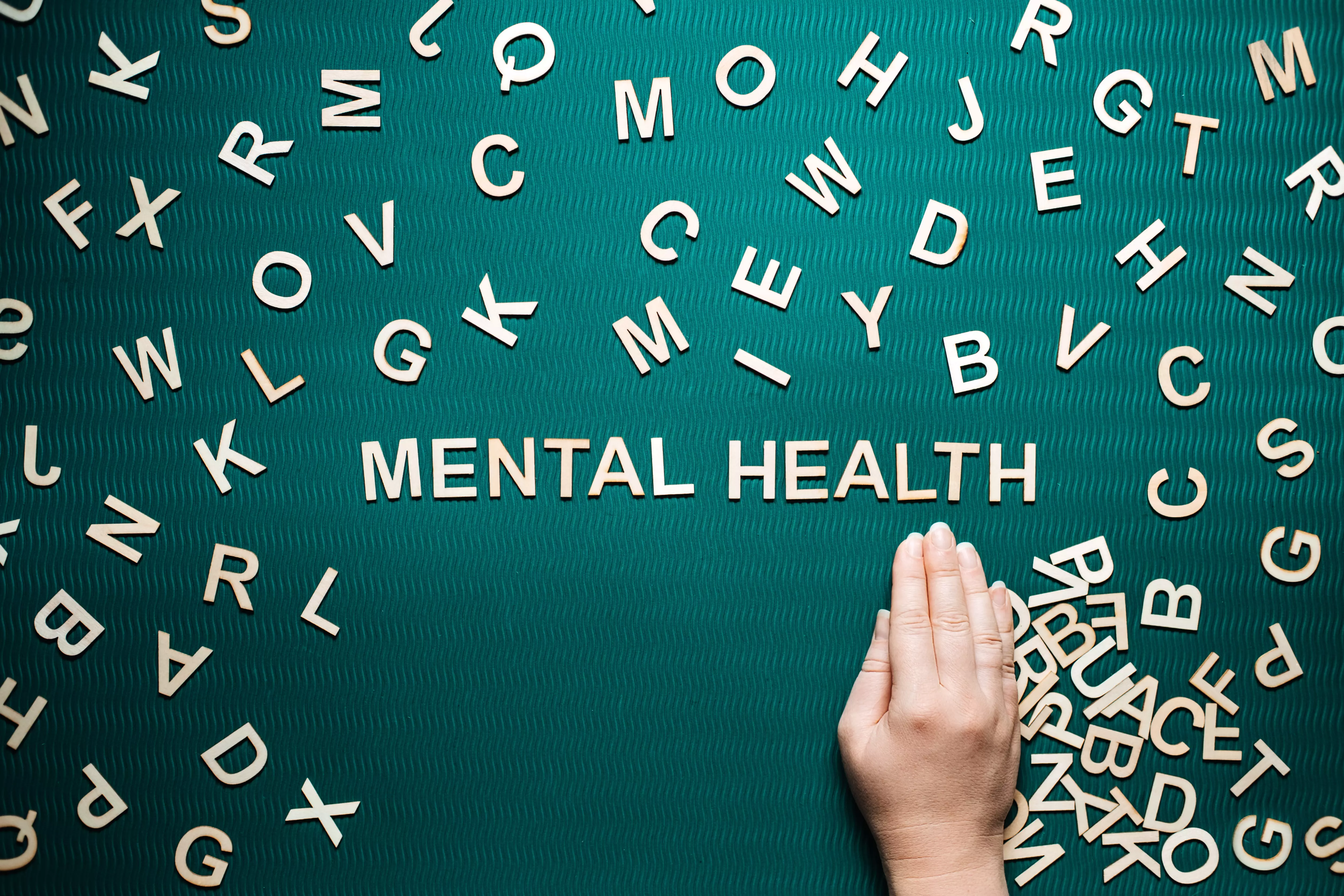COVID-19 pandemic and changes in health behavior
Introduction to health behavior change
The COVID-19 pandemic, which began in December 2019, has had a huge impact on our lives in many ways, including physical and mental health. The changes were inevitable, and the consequences will be felt for a long time to come. It's worth taking a closer look at how the epidemic has affected our health behaviors and how it has contributed to long-term changes in this field.
Increasing importance of mental health
In the era of the pandemic, many people have begun to recognize the importance of mental health. Increased social pressure, isolation and fears of virus infection led to more cases of depression and anxiety. People have begun to appreciate the role of psychological support and stress management techniques such as meditation, yoga and online therapy.
The development of mobile apps and online platforms that enable online therapy and support has become an essential element in the fight against the anxiety epidemic. These kinds of changes have helped many people get through difficult times and reminded them of the importance of taking care of their psychological balance.

Lifestyle changes
As a result of the pandemic, many people have changed their eating habits and lifestyles. Remote work and mobility restrictions have affected our amount of physical exercise. On the one hand, some people have begun to be more mindful of their diets and healthy food, cooking at home and avoiding fast food, while an increase in consumption of processed foods and alcohol has also been noted.
It is worth noting, however, that the pandemic has forced many people to seek out new forms of physical activity, such as running, cycling and online exercise. These types of changes can have a long-term impact on our habits and prompt us to make them permanent.
Telemedicine and access to health services
One of the significant breakthroughs that occurred during the COVID-19 pandemic was the acceleration of telemedicine. Faced with fears of contagion, many people began using online medical appointments, making access to health care much easier. Doctors and specialists in various fields began to conduct consultations remotely, which reduced barriers to accessing medical assistance.
Telemedicine has become an important tool not only in the context of physical health problems, but also in the realm of mental health, allowing patients to receive support without having to leave their homes. These kinds of changes could contribute to the long-term maintenance of telemedicine as a standard form of access to health services.
Health education and public awareness
The COVID-19 pandemic has brought public attention to the need for health education. As the virus spread, the need to understand infection prevention, personal hygiene and the importance of vaccination increased. Governments, health organizations and the media began to provide intensive information about health care methods, resulting in increased public awareness.
Many people began to take a more conscious approach to their own health, and practices such as regular hand washing, wearing masks and avoiding crowds became a permanent part of their daily routines. This phenomenon may help reduce the incidence of other infectious diseases and improve the public's health in general.
Summary
The COVID-19 pandemic has had a huge impact on our health behavior, bringing both positive and negative changes. Increased attention to mental health, the development of telemedicine, lifestyle changes and increased health awareness are sure to have a long-lasting impact on our daily lives. We must ask ourselves what lessons we will learn from these experiences and how we can use this knowledge to promote healthier behavior in the future.

Add comment